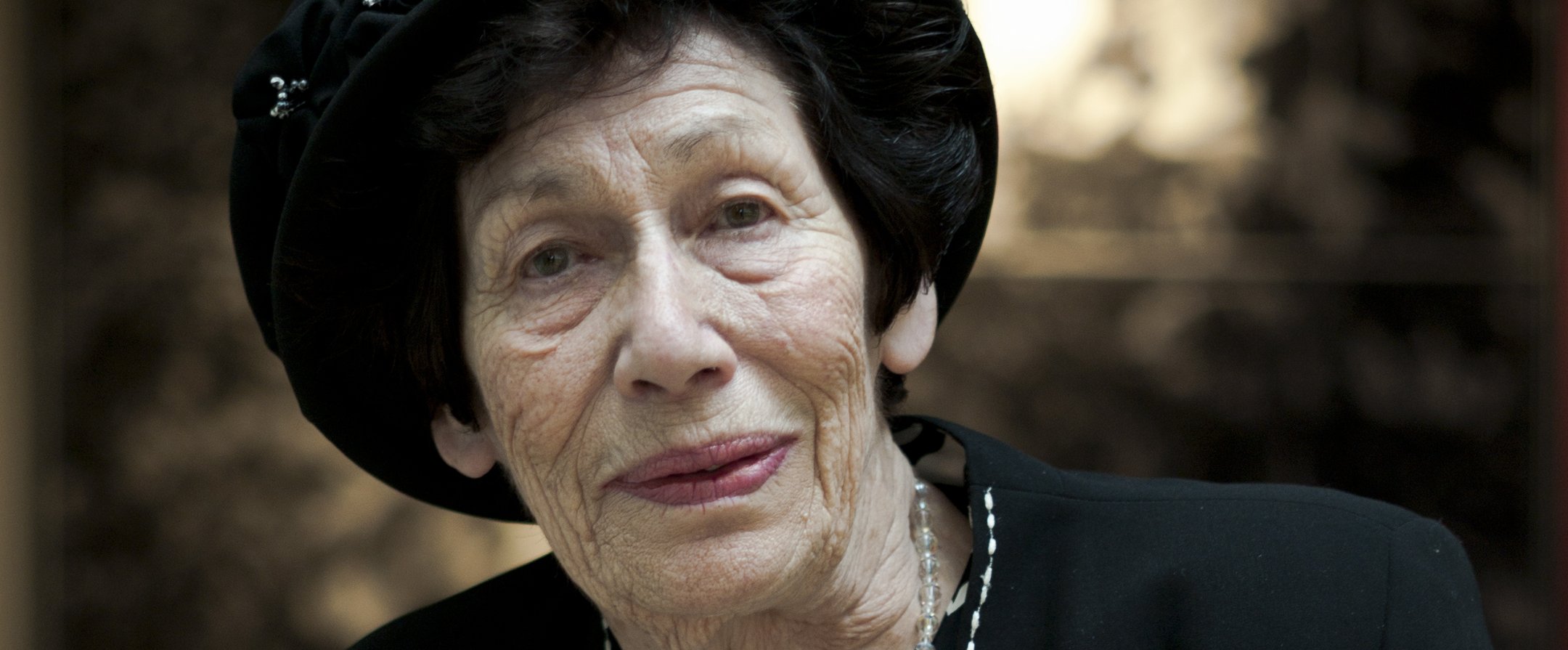To Switzerland
During those few days Ane's life undergoes a total change. On Sunday, July 5, 1942, her sister Margot is one of the first to receive a call-up notice to report to a so-called work camp. The next day the Frank family go into hiding in the Secret Annexe, the empty section of Otto Frank's office building. The family spread the rumour that they have fled to Switzerland. Hannah: "Mr. Frank factory, Opekta, produced a substance used in making jam. My mother was always given the old packets as gifts. She sent me to the Franks to borrow the scale because she wanted to make jam. I went to their house as usual and I rang and rang and rang, but no one came to the door. I rang once again. Finally a lodger opened the door, Mr.Goudsmit. 'What are you doing here? What do you want?' he asked with surprise. 'Well, I've come to borrow the scale.' 'Don't you know that the whole Frank family has gone to Switzerland?' I knew nothing about it. 'Why?' I asked. I didn't know that, either."
"Poor Hanneli"
Hannah and her family do not go into hiding. She has a little sister, and there is a baby on the way. Anne tries to find out from her hiding place how the family is doing and what has happened. She knows the baby was born dead. "I don't think I told you, but Goslar's baby was born dead. It's a terrible thing, and now poor Hanneli is going to have so much work to do." (November 2, 1942) According to Hannah the adults did not tell Anne that her mother died in childbirth. "They probably didn't dare tell her."
Military vehicles
Anne also knows what's going on in the outside world. As early as November 20, 1942, she writes: "Night after night, green and gray military vehicles cruise the streets. They knock on every door, asking whether Jews live there. If so, the whole family is immediately taken away. If not, they proceed to the next house. It's impossible to escape their clutches unless you go into hiding."
